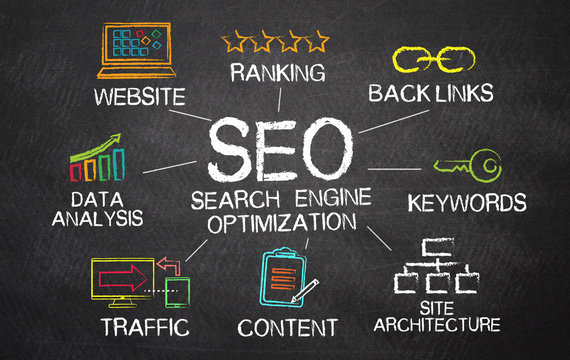
Has it ever struck you that what can Search Engine Optimisation really do for your business? Well, we are here to solve this query. Read along to find the power of consistent SEO Practices.
In the digital age, having a strong online presence is crucial for the success of any business. Search Engine Optimization (SEO) plays a central role in achieving this presence by improving a website’s visibility on search engines like Google. Whether a company is a small local startup or a large multinational enterprise, SEO is an essential tool for attracting potential customers, increasing brand awareness, and driving long-term growth.
At its core, SEO involves optimizing a website’s structure, content, and technical aspects so that it ranks higher in search engine results pages (SERPs). When users search for products or services related to a business, they are more likely to click on websites that appear on the first page of results. This is why ranking well is so important. A well-optimized site can bring in a significant amount of organic traffic, which is not only free but also highly targeted. These visitors are often actively looking for what the business offers, making them more likely to convert into customers.
One of the key advantages of SEO is its cost-effectiveness. Compared to paid advertising, SEO provides a higher return on investment over time. While it requires an initial investment in content creation, website optimization, and ongoing efforts, the long-term benefits far outweigh the costs. Unlike paid ads, which stop driving traffic as soon as you stop paying, SEO continues to generate traffic and leads for months or even years after the initial work is done.

Another major benefit of SEO is credibility and trust. Users tend to trust websites that appear at the top of search results more than those on lower pages. High rankings often signal to users that the business is reputable and authoritative in its industry. Good SEO practices also involve improving website usability, which enhances the overall user experience. Fast load times, mobile-friendliness, clear navigation, and relevant content not only help with rankings but also keep visitors engaged and satisfied.
SEO also plays a critical role in local business success. Local SEO strategies, such as optimizing Google Business Profiles and using location-based keywords, help businesses attract customers in their area. This is particularly important for restaurants, retail shops, clinics, and service-based businesses that rely on foot traffic or serve specific geographic locations. Appearing in local search results and map listings can significantly increase footfall and inquiries.
Furthermore, SEO provides measurable results. Businesses can track keyword rankings, website traffic, user behavior, and conversion rates using tools like Google Analytics and Google Search Console. These insights help refine strategies and understand what content or keywords are performing best, making it easier to make informed decisions.
In conclusion, SEO is a vital component of any business’s digital marketing strategy. It drives organic traffic, builds trust and credibility, improves user experience, and supports long-term growth—all without the continuous cost associated with paid advertising. As more consumers turn to search engines to make purchasing decisions, businesses that invest in SEO are better positioned to compete and succeed in the modern marketplace.
